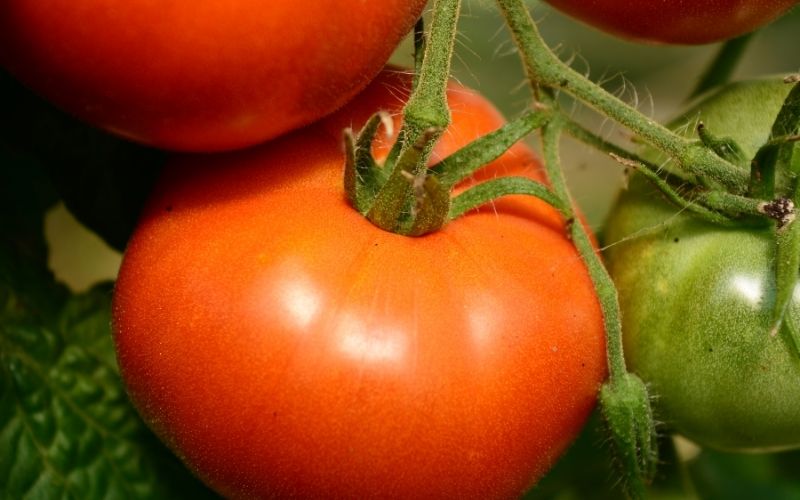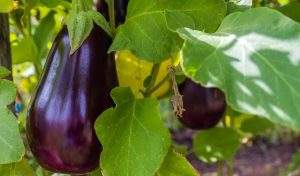If you enter a greenhouse where tomatoes are growing you’ll often be greeted by an unusual smell and, if you touch the plants that smell will become more powerful.
It is a very distinct smell that experienced gardeners will recognise as that of tomato plants. And it turns out that there’s a good reason why tomato plants have this particular smell.
Tomatoes have a good ability to repel pests and research has shown that the smell is both a defense mechanism and part of the ripening process and both combine to make tomatoes a more difficult target for pests.
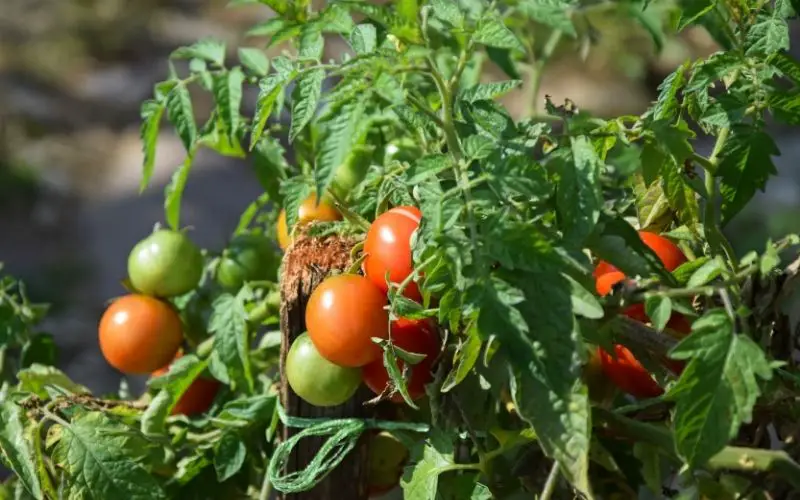
Tomatoes are a popular garden choice, but many people don’t know why the plants smell.
Gardeners have long recognized the tomato’s ability to repel pests and this is one reason why the plant has such a distinct smell.
Tomatoes are part of the nightshade family and as such they produce a number of chemical compounds, some of which are toxic to pests.
One of these chemicals is called ‘tomatine‘, which research has shown can be effective in deterring aphids, whiteflies and other pests.
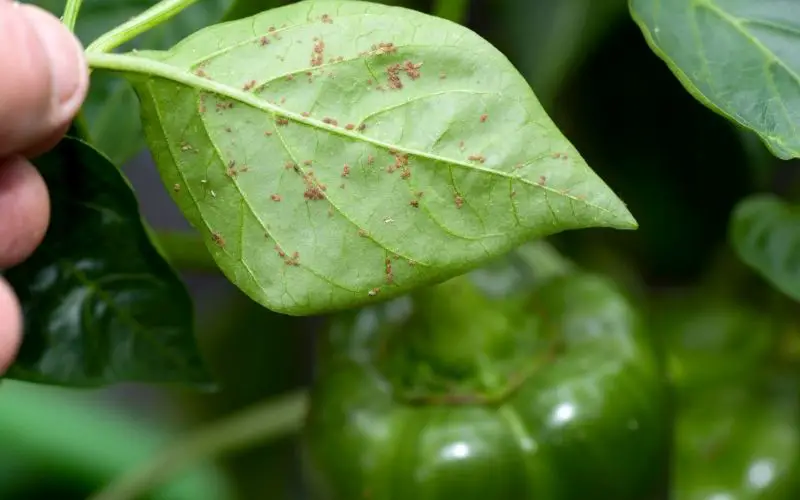
Tomatine is just one of a number of different compounds that are produced by the tomato plant and it’s thought that the smell is actually a combination of all of these chemicals.
The smell is also thought to be part of the ripening process, as the plant produces more and more of these compounds one of which is ethylene.
This chemical supports the ripening of the fruit and also helps to deter pests.
Another contributor to the aroma is a chemical compound called methyl salicylate.
Not only does this compound ward off pests, it also attracts beneficial insects that help to keep the tomato crop free from pests.
Hairy tomato plants
You may have noticed that tomato plants have tiny hairs on their stems and leaves.
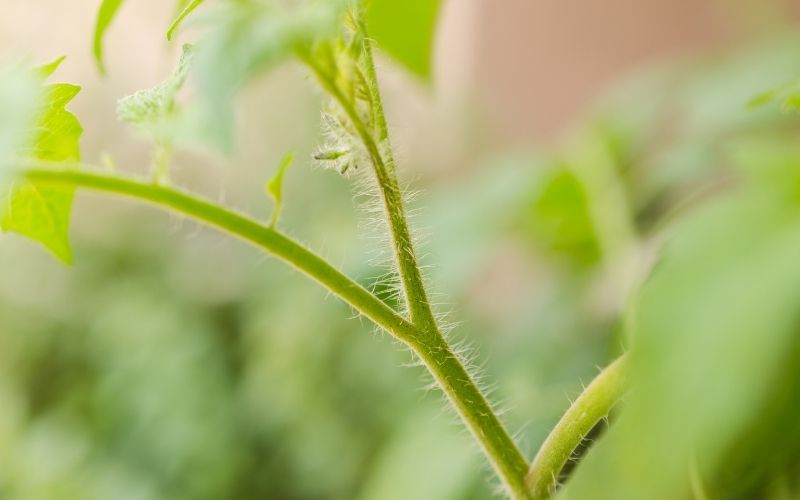
At the base of these hairs ( called trichomes ) the plant holds reserves of oils that contain the chemical compounds.
When an animal, bird or human touches the stems or leaves, the oils release the chemicals into the air, and this is what we smell.
Is the smell dangerous to humans or pets?
No, the smell is not dangerous to humans or pets, although it can be overpowering if you’re in a enclosed space.
The chemicals that create the smell are also found in other plants, such as mint, and there is no evidence to suggest that they are harmful to humans.
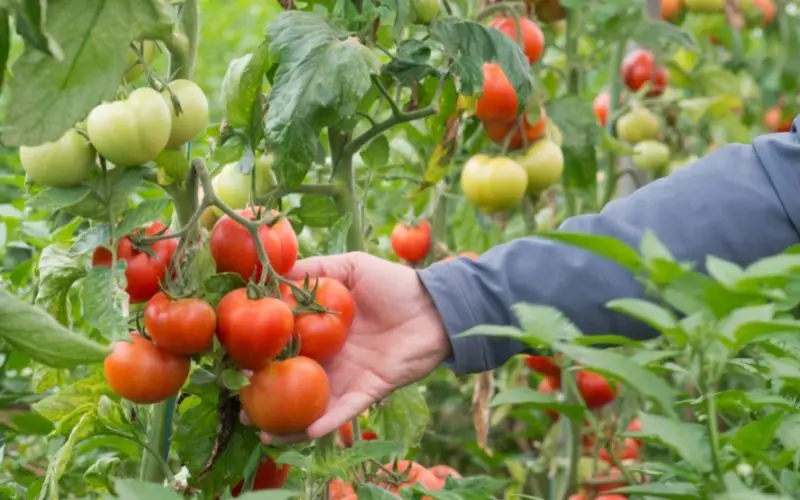
In fact, some of the compounds, such as methyl salicylate, have actually been shown to have health benefits.
What does this mean for gardeners?
If you’re growing tomatoes in your greenhouse or garden, then you don’t need to worry about the smell.
It’s actually a good thing as it means your plants are healthy and working hard to deter pests.
Can anything be done to reduce the smell?
If the smell is too strong for you, then there are a few things you can do to try and reduce it.
You could try planting tomatoes in a large pot or container as this will help to contain the smell.
You could also try growing them outdoors as the open air will help to disperse the smell.

Or you could try planting other plants nearby that will help to mask the smell of the tomatoes.
Will the taste of the fruit be affected?
No, the taste of the fruit will not be affected by the smell of the plant.
The compounds that create the smell are actually found in very small quantities in the fruit itself and so they shouldn’t have any impact on the taste.
Do all tomato plants smell?
No, not all tomato plants will have the same strong smell.
The strength of the smell will vary depending on the variety of plant and also the conditions it’s grown in.
So if you’re sensitive to smells, then it’s worth doing a bit of research to find a variety that’s known for being less smelly.
Final Words
The smell of a tomato plant is actually created by a number of different chemical compounds which the plant produces to deter pests and attract beneficial insects.
Most people enjoy the smell of tomato plants and it doesn’t pose any danger to humans or pets.
The strength of the smell will vary depending on the variety of plant, so if you’re sensitive to smells, it’s worth doing a bit of research to find a less smelly variety.

